
SCO has announced that it will sell intellectual property (IP) licenses to make it legal for enterprises to run Linux, which allegedly uses portions of SCO’s proprietary Unix source code.
SCO spokesperson Blake Stowell told the E-Commerce Times that this license covers the company’s IP rights in Linux 2.4 kernels and later — almost every Linux distribution released since the year 2000.
However, he said, SCO is targeting only corporate and enterprise Linux customers.
“That’s all we’re concerned with,” Stowell noted. “We’re not planning to go after noncommercial users with this license.”
Licenses Planned
In July, SCO registered copyrights for both its Unix System V and UnixWare software and announced plans to offer licenses that would rectify intellectual property infringement for companies using Linux. The company also said it would meet with commercial Linux customers beginning this week to put forward the particulars of its binary licensing program.
“We believe it is necessary for Linux customers to properly license SCO’s IP,” Chris Sontag, senior vice president and general manager of SCOsource, said. “The license insures that customers can continue their use of binary deployments of Linux without violating SCO’s intellectual property rights.”
Pricing
SCO is offering an introductory license price of US$699 per CPU until October 15, 2003. After October 15th, the price per CPU will jump to $1,399, according to Stowell.
Licenses for multiple-CPU systems, embedded systems, single-CPU add-ons and desktop systems are also available, although SCO did not list specific prices for them.
Pointing out that Linux itself is available for free, Stowell said $699 is a reasonable price for a server system. SCO’s UnixWare license retails for about the same price.
Rationale, Not Price
Forrester Research analyst Stacey Quandt told the E-Commerce Times that it was not unforeseen that SCO would come up with a means to monetize its intellectual property. However, she said, it remains to be seen whether or not companies will comply with the licensing program.
She noted that SCO’s assertions are based on allegations, not facts — and the court date for SCO’s case is set in 2005. Because the case most likely will not be resolved until then, commercial Linux customers do not have a good rationale to purchase the licenses.
Although SCO seems to be offering its license at a discount to give customers incentive to buy it, Quandt said the price is not an obstacle.
In fact, she said that even if the price of the license were a dollar, companies still would be asking why they should pay anything at all for something that has yet to be proven.



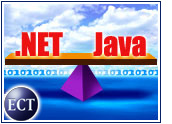




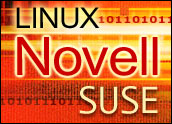
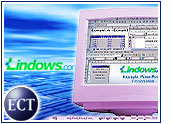
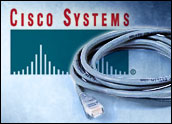
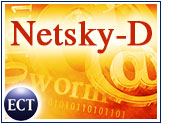











































Social Media
See all Social Media